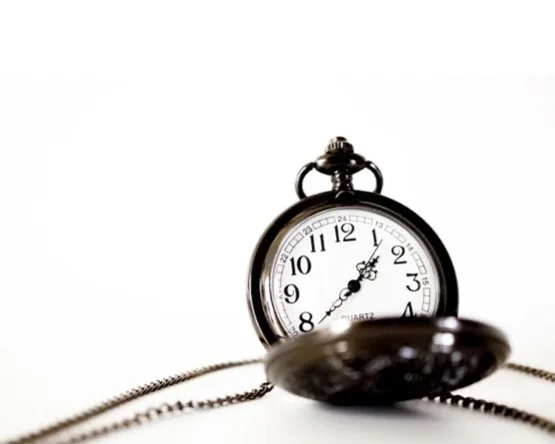Hypnosis and EMDR are going to work with negative or traumatic elements, whether memories or thoughts. EMDR is more of an external approach. Hypnosis is more of an internal approach.
Can Somatic Therapy and EMDR be Used Together?
How Somatic Therapy Differs from EMDR
EMDR: What are the Side Effects?
Side effects for EMDR treatment are rare, but something to consider to take it all in. Short-term side effects that you may experience can include physical ones like dizziness, nausea, and headaches. You may also feel fatigued, experience sleep difficulties, and have more dream activity than normal.
What’s the Difference Between CBT & EMDR?
EMDR: What if You Can’t Remember Trauma?
EMDR can help you, even if memories are not fully present. Almost everyone will experience some form of trauma in their lifetime. You’ve survived it, so why remember it? The problem is, no matter how hard your brain tries to forget it, you may still end up with this uneasy feeling that you can’t quite put a finger on.
What is EMDR Therapy for PTSD?
How EMDR Works for Complicated Trauma
4 Differences Between EMDR & Brainspotting
How EMDR Helps Depression
EMDR research started with its use for PTSD treatment. There has been evidence showing positive outcomes with other psychological issues. Depression stems from negative or overwhelming life experiences. Some of these experiences can also be traumatic. So the tie-in here can be significant. Being able to identify the cause of the depression and reprocess how a person deals with those experiences can be helpful in overcoming the negative aspects.
How EMDR Helps Anxiety
Is EMDR Right for Those Without Trauma?
The way EMDR and many other therapies now conceptualize trauma is with a much broader scope than traditionally thought. It isn’t just limited veterans who have seen combat or people who were abused as children - though those experiences certainly qualify as trauma and often result in a PTSD diagnosis.
How EMDR Helps Relieve Trauma Stored the Body
Trauma can get stuck in your nervous system in a multisensory way. You hear, see, and feel things when you recall the event or become triggered in some way. Some of the memory is real mixed with things you imagine. Regardless, your body holds it all in your nervous system in an unfinished, unresolved state.
How EMDR Treatment Can Bring Frontline Workers Relief
EMDR Therapy for College Students: Will I Be Hypnotized? Is it Safe?
EMDR Trauma Work: Transforming Fear into Fearlessness
EMDR Anxiety Therapy: Can All Ages Benefit?
EMDR Treatment: What Makes It So Successful?
EMDR Awareness Therapy: Insight Equals Better Choices
EMDR Neuroscience 101: What is it?
EMDR neuroscience has discovered that over just a few sessions, your therapist can assist improved communication between your amygdala and the hippocampus. As you and your therapist successfully process painful memories, stress is reduced, and somatic symptoms lessen. A high degree of mental and emotional arousal is decreased as flashbacks, nightmares, or panic attacks start to fade.





















